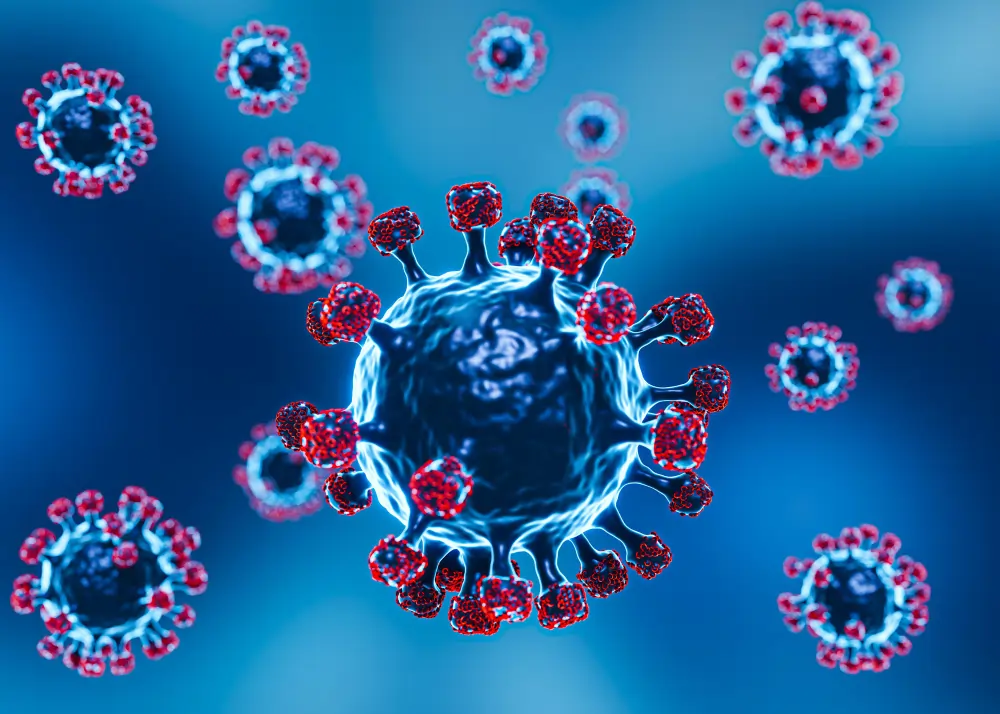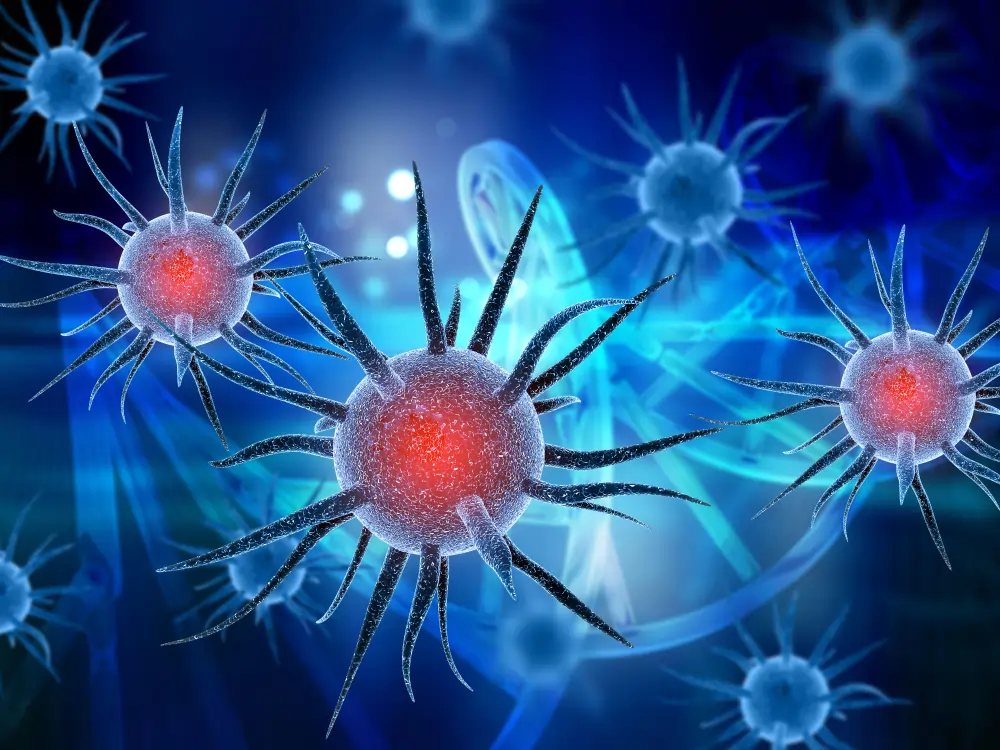
The immune system is nature’s defense mechanism, like an army safeguarding our bodies from harmful invaders. The immune system is made up of a complex network of organs, cells, and proteins that fight infection (microbes). This remarkable system plays a vital role in maintaining our overall health and well-being. In this article, we will delve into the different components of the immune system and explore how they collaborate to keep us healthy and strong.
1. Understanding the Immune System: An Overview
Imagine your body as a bustling city, with the immune system acting as its dedicated security force. Its mission is to identify and eliminate any potential threats that might compromise the city’s peace. Similarly, the immune system is designed to recognize and destroy harmful microbes, such as bacteria, viruses, parasites, and fungi.
1.1 The Immune System’s Main Players
At the core of the immune system are various specialized cells that carry out distinct functions. Let’s meet some of these essential players:
1.1.1 White Blood Cells: The Guardians
White blood cells, or leukocytes, are the frontline soldiers of the immune system. They are produced in the bone marrow and patrol the body, ready to counter any impending attack. White blood cells consist of different types, including:
1.1.1.1 Phagocytes: Engulfing the Invaders
Phagocytes are the body’s devourers, responsible for engulfing and digesting harmful microorganisms. Macrophages and neutrophils are examples of phagocytes that relentlessly seek out foreign substances lurking within our tissues.
1.1.1.2 Lymphocytes: Specialized Defenders
Lymphocytes are a diverse group of cells that recognize and eliminate specific invaders. Within the lymphocyte family, H2: B cells produce antibodies to neutralize foreign entities, while H2: T cells directly attack infected cells.
1.2 The Lymphatic System: Immunity’s Travel Route
To enhance communication and coordination among immune components, the body relies on the lymphatic system. Lymphatic vessels are like information highways, carrying immune cells and intercellular signals throughout the body. These vessels converge at H2: lymph nodes, which act as control centers to process and initiate immune responses.
2. How Does the Immune System Function?
The immune system boasts a remarkable ability to recognize foreign substances, distinguish them from the body’s own cells, and promptly react to protect us. Understanding its mechanisms equips us with a deeper appreciation for its role in preserving our health.
2.1 Recognition and Differentiation: Spotting the Intruders
The immune system employs a surveillance mechanism to identify invaders, much like facial recognition software that detects unauthorized individuals. Pathogens carry specific molecules known as antigens, which act as “identification cards.” H3: H1: Antigen-presenting cells (APCs), such as macrophages, serve as immune system informants by presenting antigens to lymphocytes.
2.2 Immune Response: The Attack Begins
Once antigens are presented to lymphocytes, the immune system initiates an orchestrated attack to eliminate the threat and restore balance. The response can be classified into two types:
2.2.1 Innate Immune Response: The Rapid Response Team
The innate immune response is the first line of defense, providing immediate but generalized protection. Its mechanisms include H4: inflammation, phagocytosis, and the release of H3: antimicrobial proteins. These responses act swiftly but lack specificity.
2.2.2 Adaptive Immune Response: Tailored Defense
The adaptive immune response takes longer to develop but offers a precise and long-lasting defense. It relies on B and T lymphocytes, which evolve to recognize and target specific antigens during an infection. Once encountered, these cells mount a coordinated attack, leading to the destruction of invaders and subsequent immune memory.
3. Supporting the Immune System: Maintenance and Optimization

A robust immune system requires attention, nourishment, and care. Several lifestyle factors contribute to its optimal functioning.
3.1 Nutrition: Fuel for Immunity
Maintaining a balanced diet rich in essential nutrients is key to supporting the immune system. Nutrients like vitamin C, vitamin D, zinc, and antioxidants found in fruits, vegetables, and whole grains play a crucial role in strengthening immune responses.
3.2 Physical Activity: Boosting Immune Vigilance
Regular exercise has been shown to enhance immune function by improving blood circulation, reducing stress, and promoting the movement of immune cells throughout the body. Engaging in physical activity is like training the immune system’s soldiers, keeping them fit and ready for action.
Conclusion
The immune system is a remarkable defense network that combats potential threats to our health. Its intricate collaboration of cells, tissues, and organs ensures our bodies stay resilient against harmful invaders. By understanding its workings and supporting it through lifestyle choices, we can boost our immune system’s ability to safeguard us from diseases and maintain our well-being.
FAQs
Q1: Can stress affect the immune system’s performance?
A: Yes, chronic stress can weaken the immune system, making us more susceptible to infections and diseases.
Q2: What are autoimmune diseases, and how do they relate to the immune system?
A: Autoimmune diseases occur when the immune system mistakenly attacks healthy cells and tissues within the body, causing various disorders.
Q3: Can the immune system be trained or strengthened?
A: While the immune system cannot be “trained” like a muscle, several lifestyle factors, such as a healthy diet and regular exercise, can support its optimal functioning.
Q4: Are vaccines an essential part of immune system support?
A: Vaccines play a crucial role in boosting immune defenses by priming the immune system to recognize and effectively respond to specific pathogens.
Q5: How does age affect the immune system?
A: The immune system’s efficiency and response capabilities tend to decline with age, making older individuals more susceptible to infections and diseases.


